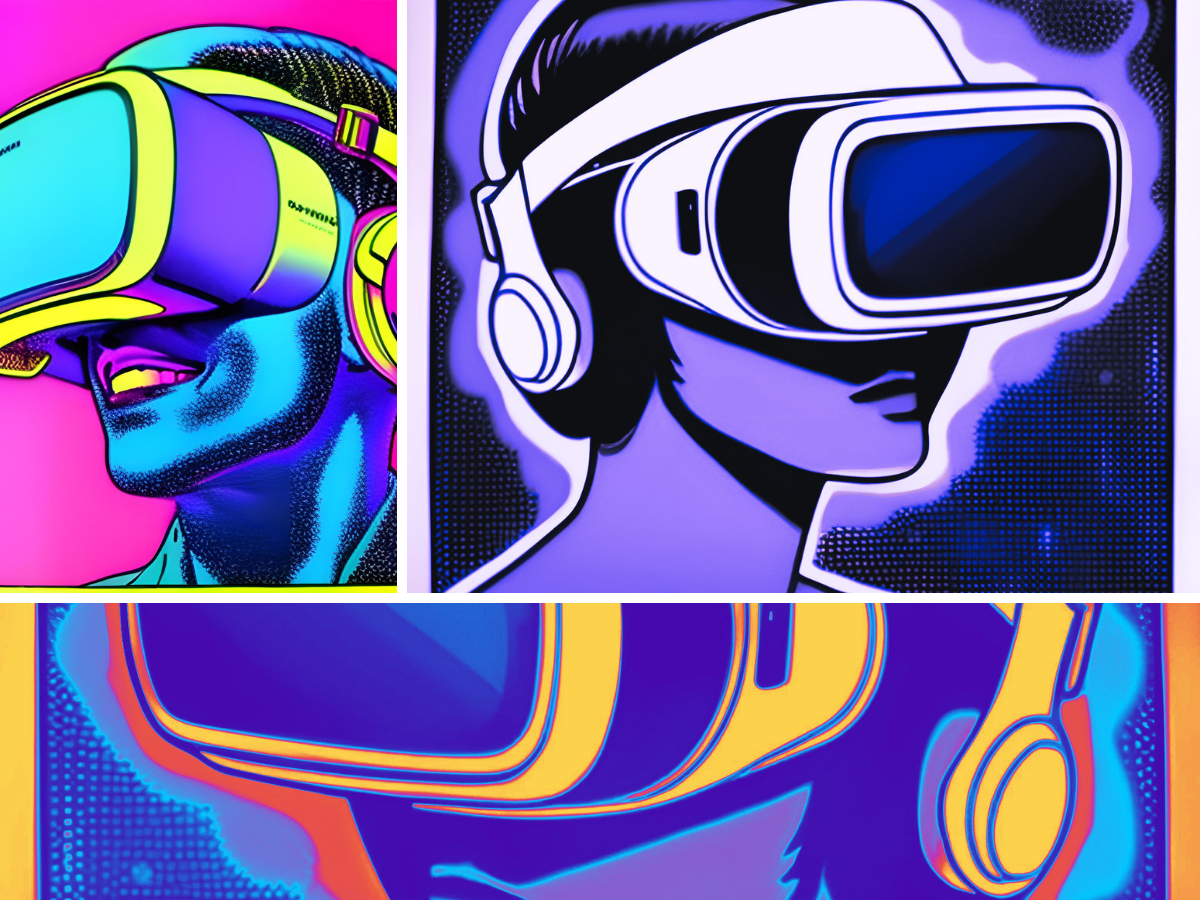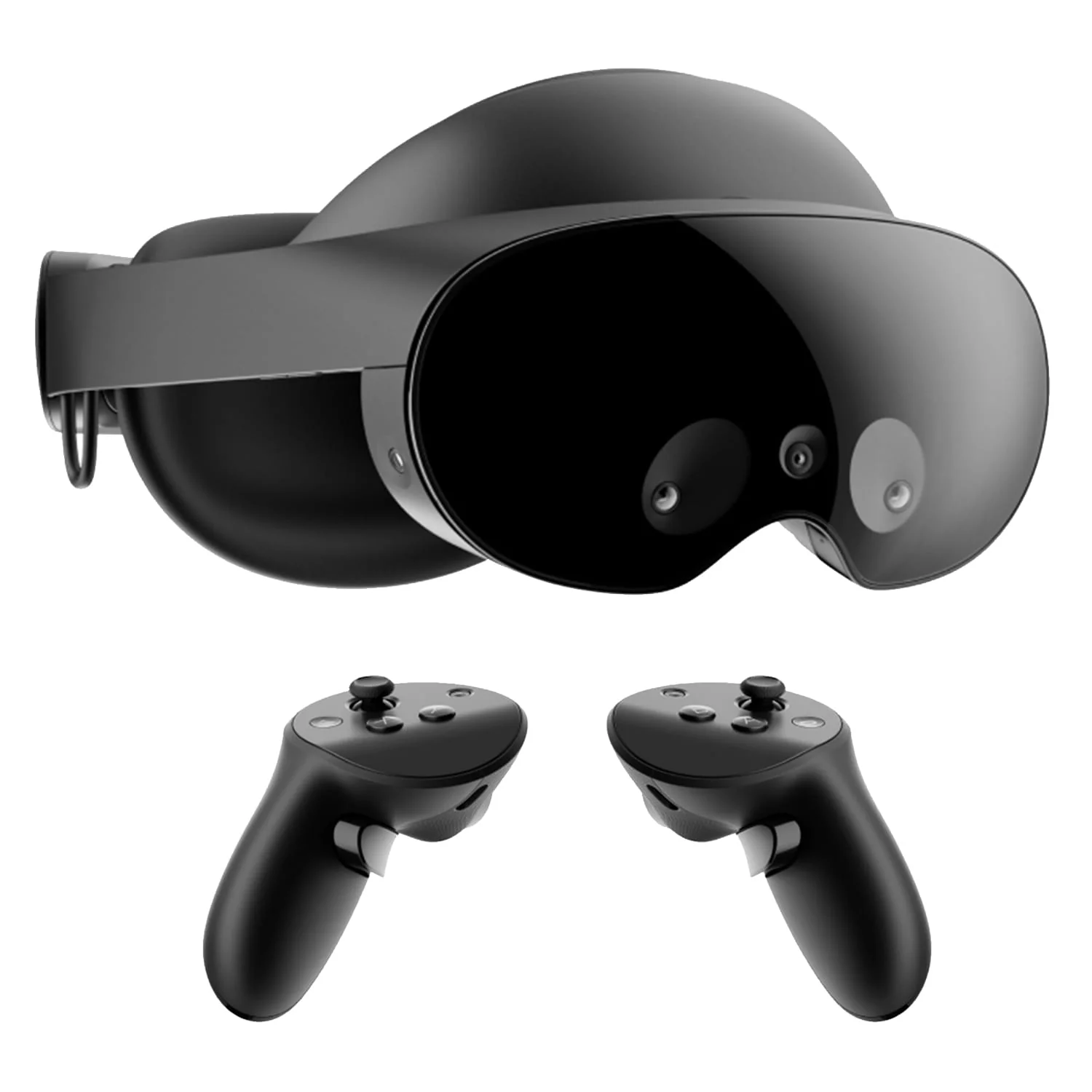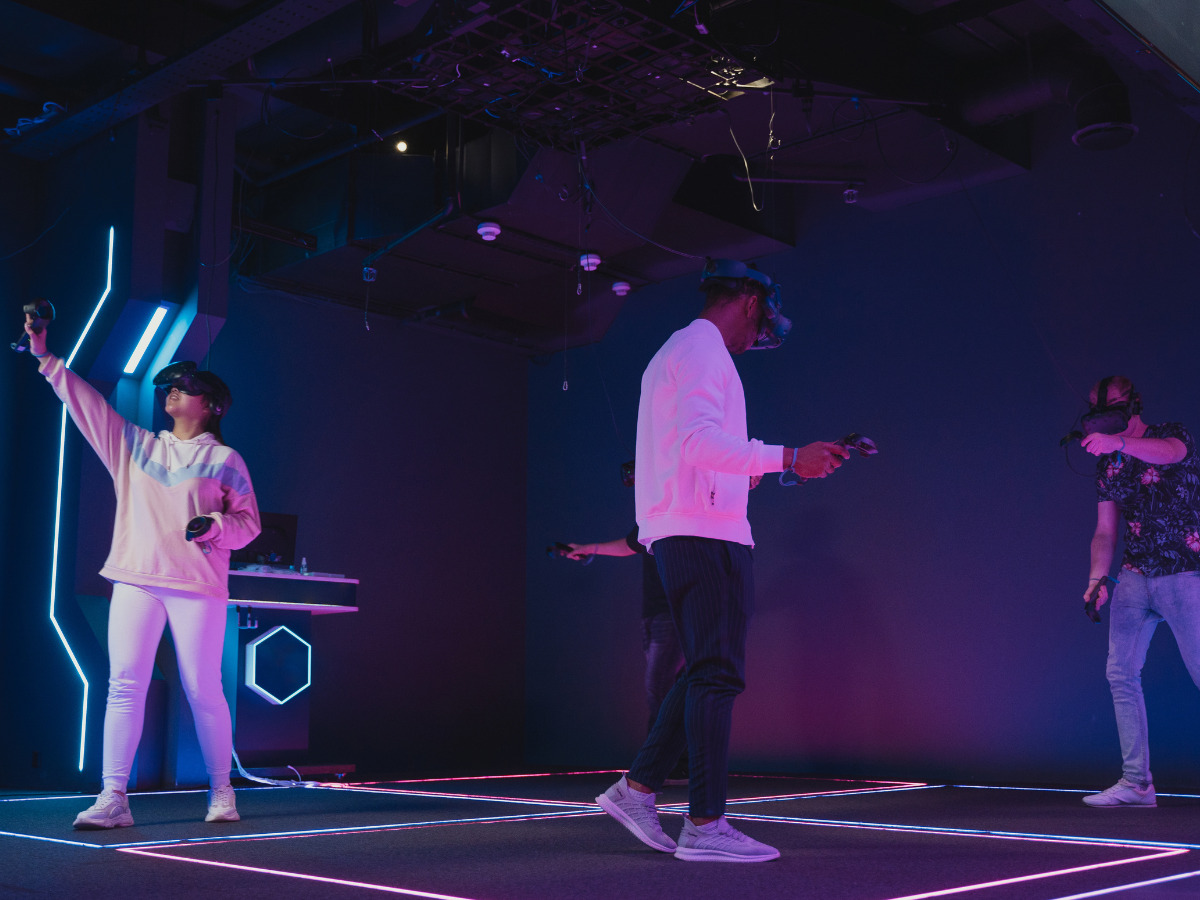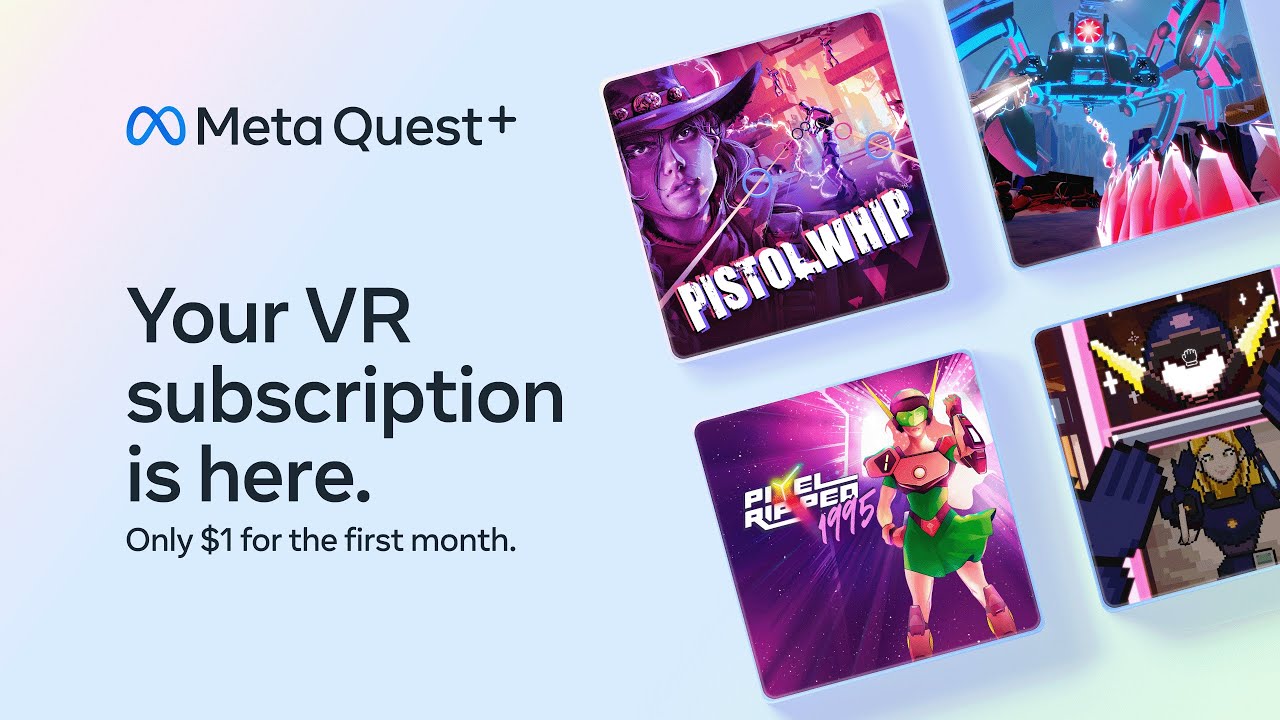Virtual reality experiences have been gaining popularity in recent years, and now a new study shows that they can elicit similar responses to psychedelic drugs. According to the study published in Nature Scientific Reports, a VR experience called Isness-D produced effects on four key indicators that were comparable to those experienced by people taking medium doses of LSD or psilocybin, the main psychoactive component of “magic” mushrooms.
The creator of Isness-D is David Glowacki, an artist and computational molecular physicist who was inspired by a near-death experience he had 15 years ago. After falling in the mountains and suffocating, Glowacki saw his body as a ball of light and realized that his awareness could outlast and transcend his physical form. He has since worked to recapture that transcendence, and Isness-D is his latest effort.
Isness-D is designed for groups of four to five people who can participate from anywhere in the world. Each participant is represented as a diffuse cloud of smoke with a ball of light where their heart would be. The VR experience allows participants to overlap their bodies, creating a sense of deep connectedness and ego attenuation that mirrors feelings commonly brought about by psychedelic drugs.
Psychedelics are a class of drugs that can alter sensory perception and change the way we process information. Clinical trials have demonstrated that psychedelic-assisted therapy is remarkably effective at alleviating symptoms of obsessive-compulsive disorder, addiction, post-traumatic stress disorder, and depression. The FDA designated psilocybin as a “breakthrough therapy” for severe depression in 2019, fast-tracking its approval process.
While Glowacki did not design Isness-D with the goal of replicating a psychedelic trip, he was interested in using VR to produce something psychedelics reliably elicit – a self-transcendent experience. A self-transcendent experience involves the dissolution of our typical self-definition as a discrete individual, separate from other people and the environment. It allows us to expand our self-concept to include others, leading to a sense of deep connection and unity.
The study on Isness-D measured the emotional response of 75 participants using four metrics commonly used in psychedelics research: the mystical experience questionnaire (MEQ30), the ego dissolution inventory scale, the “communitas” scale, and the “inclusion of community in self” scale. Communitas is defined as an experience of intense shared humanity that transcends social structure. The participants’ responses were then compared with those given in published, double-blind psychedelics studies.
The results of the study showed that Isness-D elicited responses that were indistinguishable from those associated with medium doses of psychedelics on all four metrics. Participants reported an experience as intense as that elicited by 20 milligrams of psilocybin or 200 micrograms of LSD on the mystical experience scale. The experience was also stronger than that induced by microdoses of either substance.
Isness-D may offer a new avenue for those seeking self-transcendent experiences without the use of drugs. It allows people to connect with others in a deep and meaningful way, expanding their sense of self beyond their individual bodies. As the world becomes more isolated and disconnected, it is important to recognize the role that technology can play in fostering human connection and empathy. While technology can sometimes be criticized for contributing to social isolation, it also has the power to bring people together in ways that were once impossible.
One way that technology can foster empathy is by increasing our exposure to different cultures and experiences. Through social media, virtual reality, and other online platforms, we can connect with people from all over the world and learn about their perspectives and way of life. This exposure to diversity can broaden our understanding of the world and help us to empathize with others who may be very different from ourselves.
Another way that technology can foster empathy is by providing opportunities for meaningful communication and collaboration. Online communities and platforms like Reddit, Discord, and GitHub allow people with common interests to come together and work towards a shared goal. These interactions can help us to develop a sense of community and shared purpose, which can be incredibly powerful in promoting empathy and understanding.
Finally, technology can also play a role in helping us to understand our own emotions and experiences. Through journaling apps, mindfulness apps, and other digital tools, we can reflect on our feelings and develop a greater awareness of our own mental states. This self-reflection can help us to better understand ourselves and our own needs, which in turn can lead to greater empathy and understanding of others.
Of course, it is important to acknowledge that technology is not a cure-all for the challenges of empathy and human connection. It is still important to cultivate real-world relationships and connect with others in person. However, technology can be a valuable tool in promoting empathy and helping us to build meaningful connections with others in our increasingly digital world.




